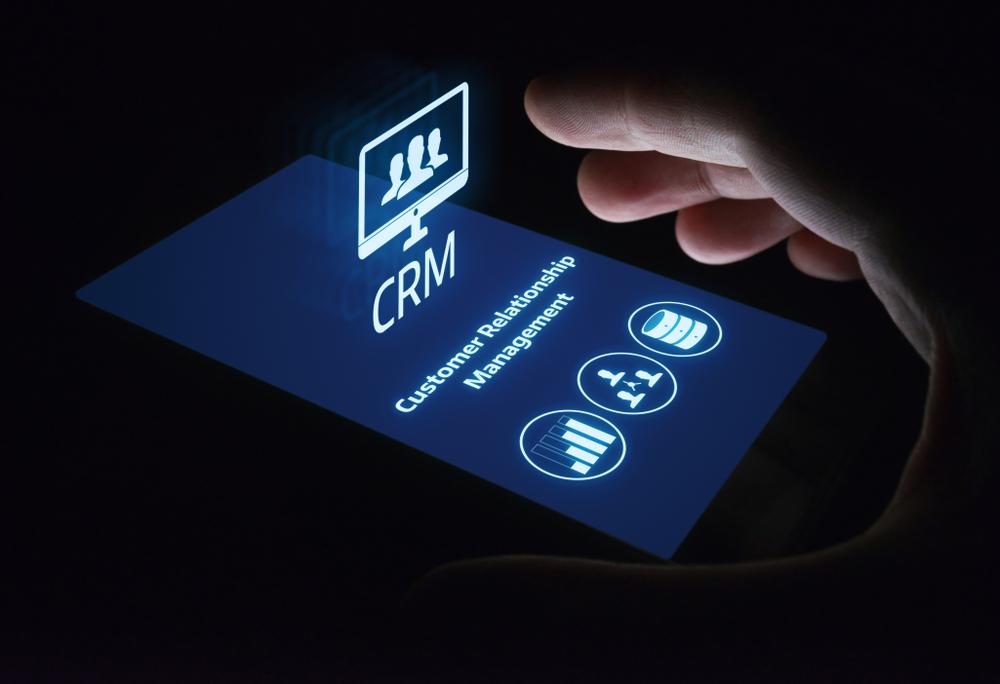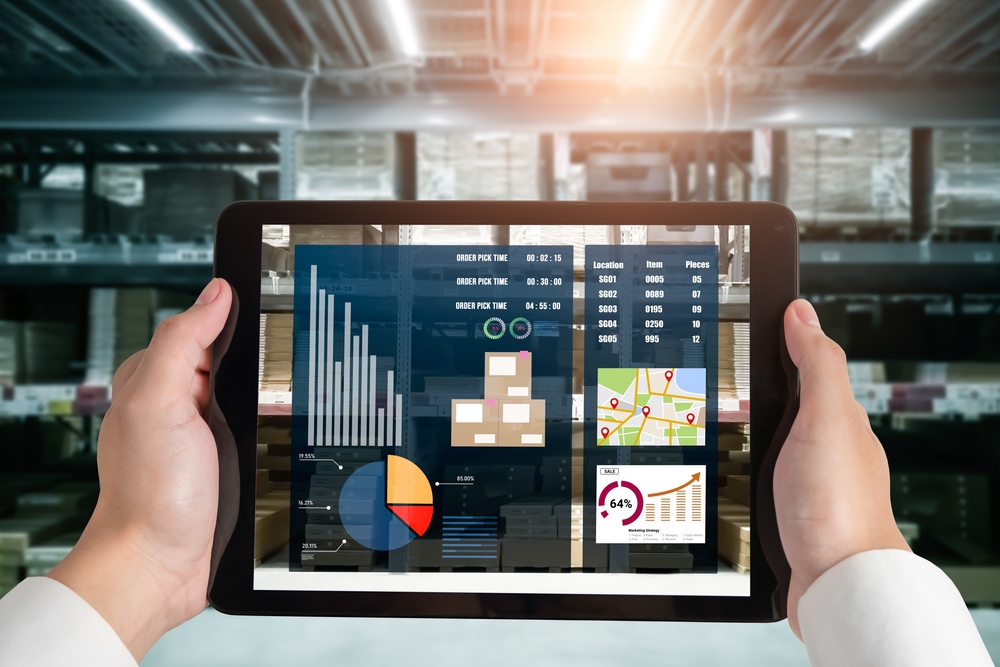Top CRM Software
Discover the best CRM software for your business needs with comprehensive comparison of the top CRM solutions available. Find the perfect tool to streamline your customer management and boost your sales performance.
In the digital age, where customer relationship management (CRM) is paramount, businesses are turning to sophisticated software solutions to streamline their processes. CRM software has become an essential tool for organizations aiming to enhance their customer interactions and increase sales. This article provides an in-depth look at CRM software, its features, leading CRM solutions available in the market, the associated costs, and the benefits of taking advantage of "Free Trial" offers.

What is a CRM Software?
CRM software is an integrated suite of applications designed to manage a company's interactions with current and potential customers. It serves as a central repository for information on clients and prospects, tracking all points of contact, purchase history, preferences, and even concerns. CRM software aims to improve business relationships by centralizing data, automating certain functions, and facilitating communication within teams and with customers.
The primary objective of a CRM is to enhance the quality of customer service, boost sales, and increase profitability. By analyzing customer data and identifying patterns and trends, businesses can tailor their marketing strategies and customer service approaches to better meet the needs of their clients.
CRM Software Features
CRM software is packed with features that help businesses manage their customer relationships more effectively. Some of the key features include:
- Contact Management: This is the core feature of any CRM system. It allows businesses to store and manage information about customers and prospects, including contact details, communication history, and social media profiles.
- Sales Automation: CRM systems streamline various sales tasks like lead tracking, pipeline management, and forecasting, thereby increasing sales productivity.
- Marketing Automation: CRMs help in automating marketing campaigns, from segmenting audiences to tracking the performance of email campaigns and managing content across multiple channels.
- Customer Service & Support: CRM software can also be used to manage customer support services by tracking customer issues, managing tickets, and providing a knowledge base for both customers and support staff.
- Analytics and Reporting: Advanced CRMs offer analytics tools that allow businesses to create reports and dashboards to visualize sales trends, customer behavior, and other key performance indicators.
- Mobile Access: With the rise of mobile business, CRM systems often provide mobile access, ensuring that sales teams and managers can access customer data anytime, anywhere.
- Integration: Most CRM systems can integrate with other business tools like email platforms, social media, and ERP systems, allowing for a seamless flow of information across various departments.
Top CRM Software
Several top-tier CRM software options dominate the market today, each offering a unique set of features and benefits. Among them are:
- Salesforce: A leader in the CRM space, Salesforce is known for its comprehensive feature set, extensive customization options, and a vast ecosystem of third-party applications.
- HubSpot CRM: HubSpot offers a user-friendly CRM platform with strong marketing automation features, making it an excellent choice for inbound marketing strategies.
- Microsoft Dynamics 365: A part of Microsoft's suite of business applications, Dynamics 365 combines CRM and ERP capabilities, offering deep integration with other Microsoft products.
- Zoho CRM: Zoho CRM provides a broad set of tools at a competitive price point, making it suitable for small to medium-sized businesses looking for a robust CRM solution without a significant investment.
Costs
The costs of CRM software can vary widely depending on several factors, including the size of the business, the complexity of the CRM needs, and the specific CRM platform chosen. Some CRM systems are priced per user per month, while others may offer tiered pricing plans or even enterprise pricing for larger organizations.
Subscription fees can range from as low as $10 per user per month for basic services to hundreds of dollars per user per month for advanced features and functionalities. Additionally, some CRM providers may charge for add-ons, integrations, or premium support services.
Offers
To help businesses make the right choice, many CRM providers offer a "Free Trial" period. During this trial, companies can test out the software's features, gauge its ease of use, and determine whether it aligns with their business processes and goals. Taking advantage of a "Free Trial" is an excellent way to assess the software without any initial financial commitment and can lead to a more informed purchasing decision.
CRM software represents a cornerstone technology for businesses that aspire to maintain strong customer relationships and drive growth. With its diverse features, from contact management to analytics, CRM platforms empower companies to tailor their approaches to customer engagement and streamline internal processes.
As the market for CRM software continues to expand, businesses have a variety of top-tier options to choose from, each with its own set of advantages. While the costs associated with CRM systems can be significant, they are often justified by the return on investment in the form of improved customer satisfaction and sales performance.
Moreover, the opportunity to test drive software through "Free Trial" offers lowers the barriers to entry and allows businesses to make the most informed decision possible. In the end, selecting the right CRM software is not just about choosing a tool; it's about investing in a strategic asset that will foster customer loyalty and drive business success for years to come.











